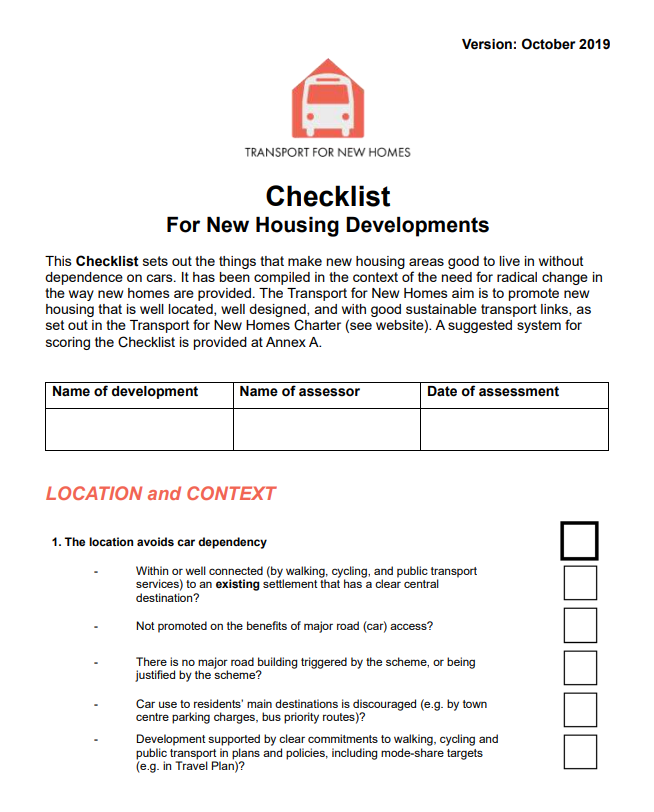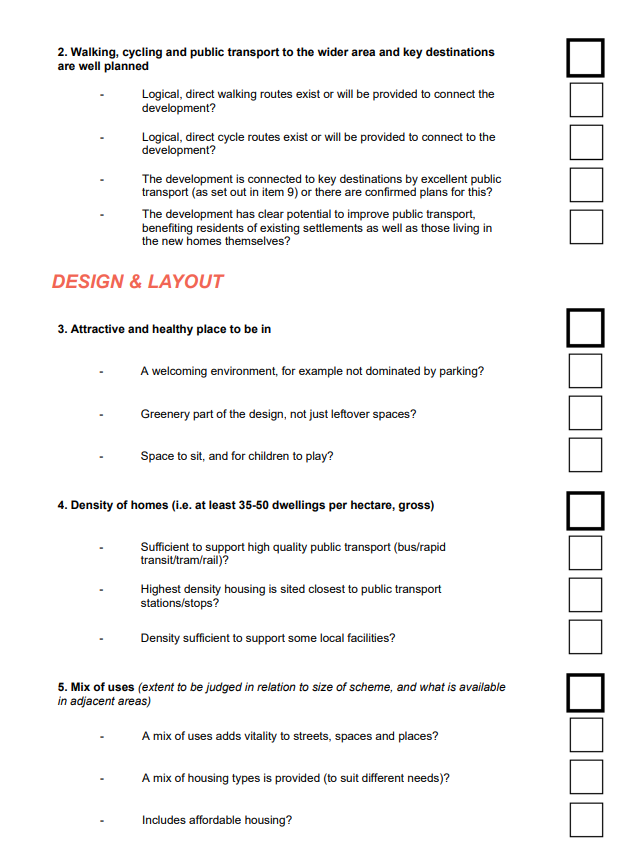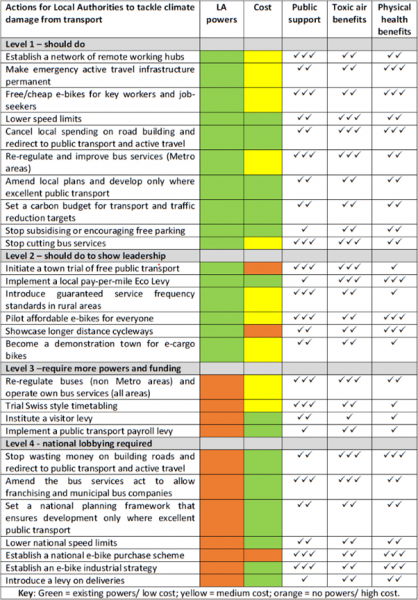The A38 expansion will not reduce congestion …but getting cars off the roads will
Many people support the A38 expansion because they believe it will solve congestion around the Derby junctions. If the expansion goes ahead, there will be 4 years of road works causing huge disruption, then when it’s complete there will be more traffic than ever.
But why?
History and research have shown that building more roads leads to more traffic. When a new road is built, new traffic will divert onto it. Many people may make new trips they would otherwise not make, and will travel longer distances just because of the presence of the new road. This well-known and long-established effect is known as ‘induced traffic’.
The phenomenon of induced traffic has been observed by transport professionals repeatedly since 1925! And recent authoritative reviews have confirmed that induced traffic is still beating forecasts on new roads across the country.
Expansion work was done to the A38 Derby junctions in the 1980’s. How many more times does this road need to be expanded? How much more green space and how many more homes need to be swallowed up by this road?
Car companies: “If we had bigger roads, there’d be no traffic!”
Bigger roads: *Image of a huge road with multiple car lanes, all are full of vehicles that are barely moving
Image credit: https://www.instagram.com/climemechange/
Read this excellent Twitter thread which explains how induced demand and road building works.
New housing planned near the A38 will increase traffic
New homes and other developments are often built beside roads which contributes to induced traffic. This will happen with the A38 expansion.
Derby City Council stated in their Local Transport Plan that the “A38 junction improvements will release land for development in and around the city.”.
The Secretary of State’s Decision Letter on the A38 stated that the A38 expansion would facilitate housing and economic growth.
These extra developments will impact on the local road network and result in induced traffic on the newly expanded A38.
New housing should be planned so that the occupants will not be car dependent. New housing should be close to amenities and have good public transport and active travel links. Read this checklist for new housing.
Unfortunately it’s more profitable for developers to buy up greenfield sites next a road and build large out of town housing developments that are unaffordable to the majority of people who are struggling for housing. People who can afford these homes become dependent on their cars to reach work, school, doctors, shops and anything else. But the developers made a large chunk of profit and the local authority was able to meet their housing targets.
Road traffic reduction is the best solution
Less cars on the roads means….
Congestion is reduced and traffic flows faster
Lower air pollution levels
Lower carbon emissions and climate targets enshrined in law can be achieved
Less noise pollution
Safer roads and streets
Keep thousands of trees
Keep wildlife habitats
Keep green spaces and houses
No need to waste £250 million on a polluting and destructive scheme!
"But road traffic reduction is impossible! You'll never get people out of their cars."
Throughout history there’s always been people who didn’t believe in progress or the possibility of positive change.
“You’ll never replace horses with automobiles!”
“You’ll never get indoor plumbing and electricity in all English homes!”
If it's possible to spend £250 million and 4 years expanding a road, it's possible to invest in other forms of transport and behavior change campaigns to get people to change their mode of transport. It's all down to better transport planning and moving away from car dominance.
There can still be roads and other road vehicles in the future but there needs to be a lot less. Friends of the Earth says Derby should aim to have 60% of people commuting by public transport, cycling, and walking by 2030. When cars are needed, they should be electric and shared as much as possible.
A quarter of England’s car trips are less than two miles. We can be more ambitious. Replacing petrol and diesel cars with electric would miss the opportunity to save the NHS around £17 billion over the next 20 years by swapping short car journeys for walking or cycling.
Friends of the Earth have compiled advice on how local authorities can address the climate emergency and air pollution crisis by getting people out of their cars and using other forms of transport.
Oxfordshire County Council & Oxford City Council announced bold plans to tackle congestion on all major routes into Oxford and without the need to expand roads or build more roads.
Wales is investing in public transport instead of making the M4 bigger.
If this all sounds difficult, remember we are in A CLIMATE EMERGENCY.
The climate emergency is a matter of life and death. Carbon emissions MUST go down if we want a habitable planet to prevent the deaths of millions of people.
Transport is now the UK’s biggest contributor to climate change. Whereas in 1990 it accounted for less than a fifth (19%) of UK greenhouse gas emissions, it now accounts for more than a third (34%), and transport carbon emissions are flat-lining or even rising. Government departments responsible for every other sector of the economy have cut carbon, but the Department for Transport (DfT) has gone rogue, pursuing policies that actively make things worse while being unambitious about the policies that could make things better.
That means decarbonising our transport system. Electric vehicles will not replace the millions of internal combustion engine vehicles in the UK fast enough to meet climate targets. So other forms of transport MUST be implemented.
A transport system for a zero-carbon future must be:
Universal: available to everyone
Comprehensive: the best possible service for all areas, within available resources
Affordable: low-cost, and free for essential local travel
Green: consistent with our obligation to cut carbon emissions to zero in line with the Paris Agreement and to minimise other environmental impacts.
More information on CO2 emissions, targets and global temperatures at https://climateactiontracker.org/countries/uk/
At our current carbon emission rate, we are heading towards at least 3 degrees of global heating this century. This will result in the deaths of millions from extreme weather and heat, millions displaced, coastal areas wiped out by sea level rise and mass food and water shortages which will likely lead to resource wars.
This is what other parts of the world are already suffering from just 1.1 degrees of global heating.
Either we decarbonise our transport system, change how we travel or we all face mass suffering and death from climate breakdown.
Either we change or we die - it's that simple.








